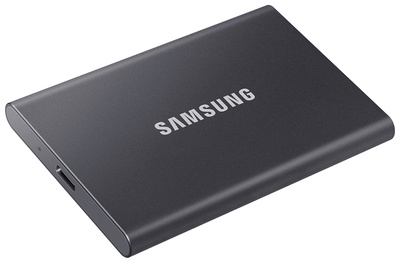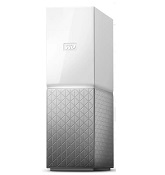How to Choose the Right Hard Drive for Your PC: A Comprehensive Guide
Introduction
Choosing the right hard drive for your PC can feel like navigating a maze of technical jargon, specifications, and endless options. Whether you’re upgrading your current system, building a new one, or simply expanding your storage, selecting the right hard drive is crucial for optimal performance and data reliability. In this guide, we will delve into the key factors to consider, the types of drives available, and how to make a decision that balances performance, capacity, and cost.
Part 1: Understanding Hard Drive Basics
What is a Hard Drive?
A hard drive is a storage device that holds all your data, including the operating system, applications, documents, photos, and videos. It is a critical component of any computer, as it directly impacts the performance and capacity of your system.
Key Specifications
When evaluating hard drives, pay attention to the following specifications:
- Capacity: Measured in gigabytes (GB) or terabytes (TB), this determines how much data the drive can store.
- Speed: Includes rotational speed for HDDs (measured in RPM) or read/write speeds for SSDs (measured in MB/s or GB/s).
- Form Factor: Common sizes include 3.5-inch for desktops and 2.5-inch for laptops.
- Interface: Determines how the drive connects to your system. Common interfaces include SATA, NVMe, and PCIe.
Part 2: Types of Hard Drives
1. Hard Disk Drives (HDDs)
Pros:
- Cost-effective, especially for larger capacities.
- Suitable for general storage, backups, and archiving.
Cons:
- Slower performance compared to SSDs.
- More prone to physical damage due to moving parts.
2. Solid State Drives (SSDs)
Pros:
- Extremely fast read/write speeds.
- Reliable and durable with no moving parts.
- Ideal for operating systems and frequently used applications.
Cons:
- Higher cost per GB compared to HDDs.
- Limited capacity options at affordable prices.
3. Hybrid Drives (SSHDs)
Pros:
- Combines the speed of SSDs with the capacity of HDDs.
- Cost-effective middle ground.
Cons:
- Not as fast as SSDs or as large as HDDs.
- Limited control over what data is stored in the SSD portion.
4. External Drives
Pros:
- Portable and easy to use across multiple devices.
- Great for backups and transferring data.
Cons:
- Slower performance compared to internal drives.
- Dependence on external connections.
Part 3: Factors to Consider
1. Your Use Case
- General Use: For basic tasks like browsing, document editing, and streaming, an HDD with 1TB or more is sufficient.
- Gaming: Choose an SSD with fast read speeds to minimize load times.
- Creative Work: For video editing or 3D modeling, consider high-capacity SSDs or NVMe drives for faster workflows.
2. Budget
Set a clear budget and prioritize features that matter most for your needs. HDDs are affordable for larger storage, while SSDs offer better performance but at a higher price point.
3. Compatibility
Ensure the drive you choose is compatible with your system’s motherboard and interface. Check for SATA or NVMe support.
4. Longevity and Reliability
Look for drives with good reviews and warranties. SSDs typically last longer as they are less prone to mechanical failure.
Part 4: Comparing Prices and Brands
Popular Brands
- Western Digital (WD): Known for reliable HDDs and SSDs.
- Seagate: Offers a range of HDDs and hybrid drives.
- Samsung: Renowned for high-performance SSDs.
- Crucial: Affordable SSDs with good performance.
Price Range
- HDDs: $50–$150 depending on capacity.
- SATA SSDs: $50–$300 depending on capacity and speed.
- NVMe SSDs: $80–$500+ for premium models.
Conclusion
Selecting the right hard drive for your PC involves balancing capacity, performance, and cost. Consider your specific use case and budget while exploring options from reputable brands. Whether you choose an HDD for bulk storage, an SSD for speed, or a hybrid drive for versatility, investing in the right storage solution will enhance your computing experience and ensure your data is safe and accessible.
What’s Next?
Take the time to research the latest models, read user reviews, and consult compatibility guides. With the right preparation, you’ll find a hard drive that meets your needs and supports your PC’s performance for years to come.


